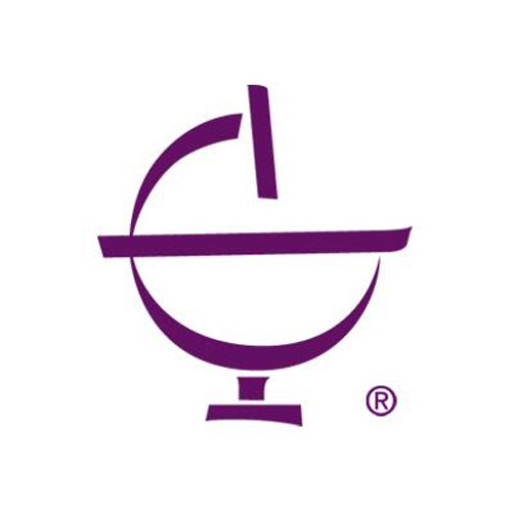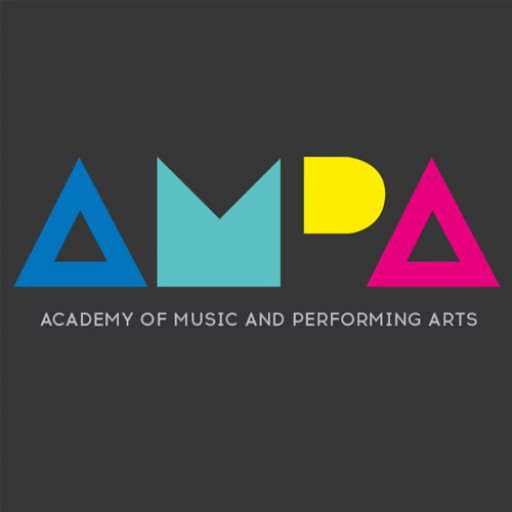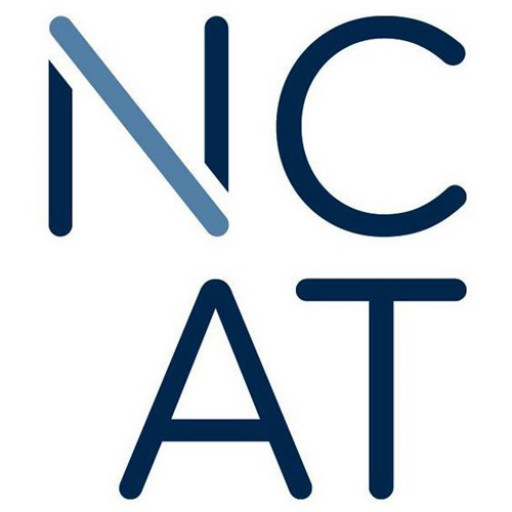This qualification reflects the function of those using well-developed abilities and a broad knowledgebase in music performance, sound production or music business contexts. They apply solutions to a defined range of unpredictable challenges, and analyse and evaluate information from various sources. They can provide leadership and guidance to others and possess limited liability for the output of others.Licensing/ / Regulatory Information National Standard for Licensing Persons Performing High Risk WorkThe National Standard for Licensing Persons Performing High Risk Work pertains to persons acting dogging and rigging work. Conclusion of the following components is necessary for certification at basic, intermediate or advanced degrees:CPCCLDG3001A Licence to perform doggingCPCCLRG3001A Licence to execute rigging basic levelCPCCLRG3002A Licence to execute rigging intermediate levelCPCCLRG4001A Licence to execute rigging high level level level.National Code of Practice for Induction for Construction WorkSets and shredding for some performances or events could fall within the meaning of structure work. If so, people entering the construction site are required to finish the entire induction training regime given by the National Code of Practice for Induction Training for Construction Work (Australian Safety Compensation Council, May 2007). Achievement of the device CPCCOHS1001A Work safely in the construction sector from the CPC08 Construction, Plumbing and Services Training Package fulfils this requirement.
The Bachelor of Music Industry program at Melbourne Polytechnic is designed to prepare students for a dynamic career in the music and entertainment industries. This comprehensive course offers students a thorough understanding of the various facets of the music business, including music management, marketing, promotion, live events, recording, and distribution. Throughout the program, students engage with industry-standard practices and develop practical skills through hands-on learning experiences, projects, and industry placements. The curriculum covers key areas such as music production, copyright law, artist management, concert promotion, digital marketing strategies, and entrepreneurship within the music sector. Students also have opportunities to work with local artists and industry professionals, gaining real-world insights and professional networks vital for future employment. The program emphasizes both creative and commercial aspects of the music industry, enabling graduates to pursue careers as music managers, event organizers, marketing specialists, music publishers, or entrepreneurs. State-of-the-art facilities, industry partnerships, and up-to-date coursework ensure that students are well-equipped to meet the evolving demands of the industry. Melbourne Polytechnic’s focus on practical experience prepares students to navigate the complexities of the modern music landscape, including digital platforms, streaming services, and social media marketing. Upon successful completion, graduates will possess the skills, knowledge, and industry connections necessary to succeed in a competitive environment. This program is ideal for passionate individuals seeking a comprehensive education in the business side of music, with opportunities to specialize in areas aligned with their career goals.
Programme Requirements:
To enroll in the Music Industry program at Melbourne Polytechnic, applicants must meet certain admission criteria. Generally, prospective students are required to have a completed secondary education equivalent to Australian Year 12 or higher. International applicants may need to demonstrate proficiency in English through tests such as IELTS with a minimum score typically of 6.0 overall, with no band less than 5.5, although specific language requirements may vary. Prior experience in music, sound engineering, or related fields can be advantageous but is not always mandatory. Applicants are often expected to submit an application form along with supporting documents, which may include academic transcripts, a resume detailing relevant experience, and a personal statement outlining their interest in the program.
The selection process may involve an interview or audition to assess the applicant’s motivation, interest, and basic skills relevant to the music industry. Prerequisites may include foundational knowledge of music theory, digital audio workstations, or performance skills, though these are usually developed during the course rather than required beforehand. The program is designed to be accessible to students from diverse backgrounds, emphasizing practical skills alongside theoretical understanding.
Additionally, applicants must accept the program’s terms and conditions, including commitments related to attendance, participation, and adherence to the Melbourne Polytechnic Code of Conduct. International students should meet visa requirements and visa conditions as stipulated by Australian immigration authorities. Financial requirements, such as tuition fee payment or proof of funding, must also be satisfied prior to enrolment. Successful applicants will be required to participate in orientation sessions and meet any specific health and safety regulations related to the campus environment.
In summary, the programme entry requirements focus on academic qualification, English language proficiency, potential for relevant experience, and a demonstrated commitment to a career in the music industry. These prerequisites ensure that students are prepared to engage fully with the curriculum, which combines theoretical concepts and practical applications in areas such as music production, artist management, digital media, and event coordination. By fulfilling these criteria, applicants can access a comprehensive education that prepares them for various careers within the dynamic and evolving music industry sector.
The Music Industry program at Melbourne Polytechnic offers various financing options to support students throughout their studies. Prospective students can explore several pathways to fund their education, including government financial aid, scholarships, payment plans, and private funding sources. Australian citizens and eligible residents may access financial assistance through schemes such as the Australian Government’s Vocational Education and Training (VET) Student Loan (formerly known as FEE-HELP), which allows students to defer tuition fees until they are financially able to repay the loan. International students are generally required to pay their tuition fees upfront, though some scholarships and financial aid programs may be available to assist with costs. Melbourne Polytechnic also provides a range of scholarships based on academic merit, artistic talent, or financial need, which can significantly reduce the overall cost of the program. Additionally, students may consider external sources of funding, such as private loans, sponsorships, or crowdfunding campaigns, to support their studies. The institution encourages early planning and consultation with its financial services team to understand the most suitable and sustainable funding options for individual circumstances. Payment plans are often available, enabling students to spread the cost of tuition over manageable periods. It's important for students to note that fees and financing options can vary depending on their residency status, the specific program intake, and any updates to government policies. Melbourne Polytechnic also provides advice and assistance regarding OSHC (Overseas Student Health Cover) costs for international students. Prior to enrollment, students should review the detailed fee schedule and financing options on the official Melbourne Polytechnic website or contact the admissions office for personalized guidance. Overall, the institution aims to make music industry education accessible by offering flexible and comprehensive financing solutions tailored to diverse student needs.
The Melbourne Polytechnic offers a comprehensive program in Music Industry that is designed to prepare students for a dynamic and evolving sector. This program provides students with foundational knowledge and practical skills necessary to succeed in various roles within the music industry, including music production, artist management, live sound, music marketing, and event management. The curriculum emphasizes both theoretical understanding and hands-on experience, ensuring graduates are well-equipped to navigate industry challenges and opportunities.
Students will engage with core subjects such as music business fundamentals, copyright law, music marketing, and digital media, along with technical modules covering recording techniques, sound engineering, and music production software. The program also fosters industry connections through internships, industry projects, and guest lectures from industry professionals, giving students real-world exposure and networking opportunities. Emphasis is placed on developing entrepreneurial skills, critical thinking, and an understanding of current industry trends, including the impact of digital platforms and streaming services.
Melbourne Polytechnic’s facilities include modern recording studios, music labs, and performance spaces, providing students with the environment to practice and refine their craft. The program is suitable for individuals passionate about the music industry who wish to pursue careers in music production, artist management, event promotion, or other related fields. Graduates of the program often find opportunities within record labels, concert promotion companies, music publishers, and media organizations.
The program typically spans over a duration that varies depending on the mode of study, including full-time, part-time, or online options, catering to a diverse student body. Melbourne Polytechnic’s strong connections with industry stakeholders ensure that the curriculum remains relevant and responsive to industry changes, thus enhancing graduate employability. The program encourages creative exploration, innovation, and a professional approach to careers in the competitive music industry landscape.






